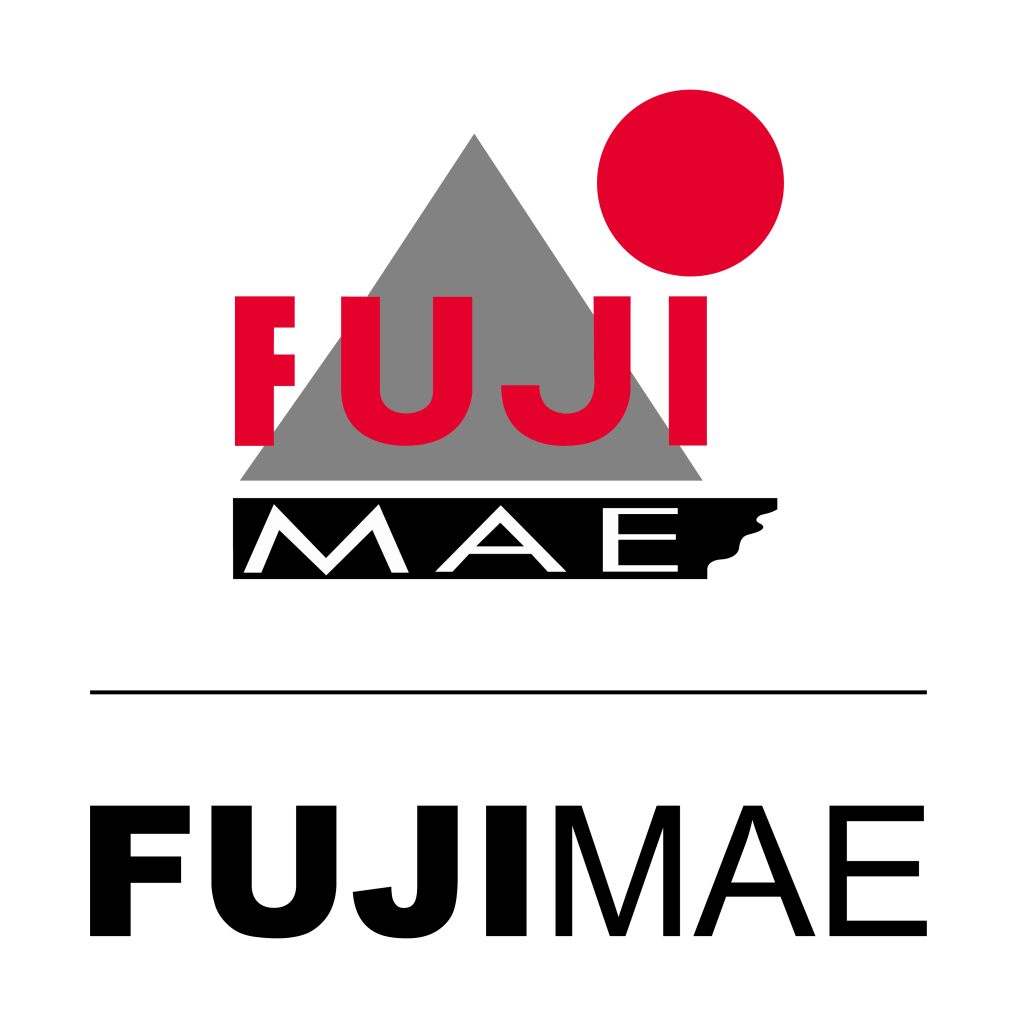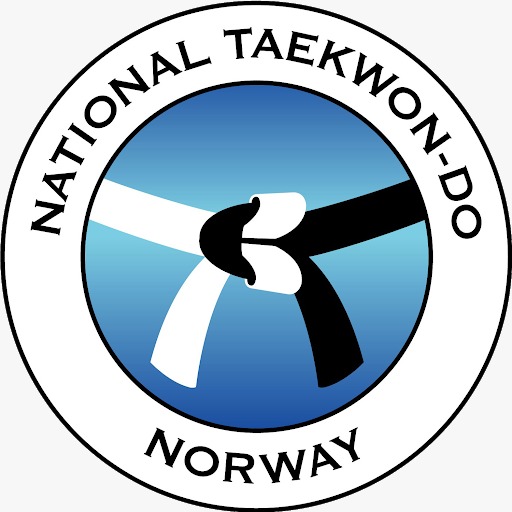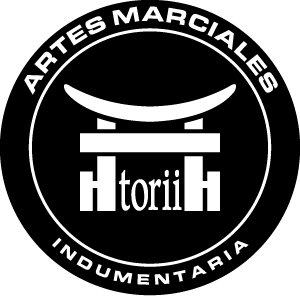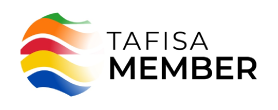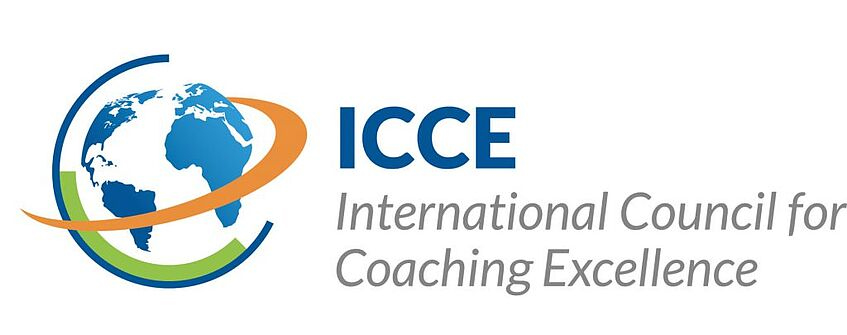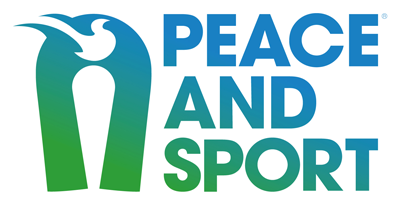On Saturday and Sunday, June 1-2, 2024, the first ITF Umpire Course for Adapted Taekwon-Do was held online.
Conducted by GM Abelardo Benzaquén, Chair of the Umpire Committee and Sbn Anabel Vicario, Chair of the Inclusion Committee, the course was taught in Spanish, considering the proximity of the Central South American Championship to be held in Paraguay, between June 24 and 30.
This course was also attended by the Treasurer of the ITF, Master Leonardo Oros Duek, and GM Héctor Marano, Chair of the Technique and Instruction Committee, who oversaw the opening of this historic course.
Instructors and masters from Argentina, Belgium, Brazil, Chinese Taipei, Nicaragua, Paraguay, Peru, Puerto Rico, Romania, and Spain met to learn how to work as umpires in an adapted competition.
During the first part, Sbn Vicario, who is also a Therapeutic Specialist, Special Teacher’s Assistant and Early Stimulation Assistant, shared aspects and characteristics about different conditions and pathologies, pointed out the care to be considered for Adapted Taekwon-Do competitors, and gave important recommendations when intervening during competitions.
Afterwards, it was the turn of GM Benzaquén who explained that the purpose of the Adapted Taekwon-Do Competition Rules is to ensure that all participants with special abilities have a regulatory framework where safety, respect and fairness are ensured.
He emphasized the intention to provide equal opportunities for all participants to demonstrate the best of their abilities, ensuring fairness for all athletes.
It was also emphasized that it is the task of the Umpires and Referees to restrict dangerous situations, behaviors or actions, as well as to identify unacceptable behaviors.
On the other hand, it will also be crucial to level and align the judgment criteria of the members of the Jury, the Central Referee and the Umpires.
And finally, the new Regulations are intended to delineate the rights and duties of the Jury members, Central Referees and Umpires, as well as to protect their authority.
Strictly three competition modalities were focused on: Individual Patterns, Team Patterns and Free Skills.
For the Individual and Team Pattern competitions, the general regulations are similar to those used in the World Championships and the World Cup.
However, it is in the Free Skills modality, where many new aspects can be found. The same is done by teams formed by two members, but one of the most outstanding characteristics is that one of them will have special skills, while the other one will not, which will allow them to compete together, for example, student and instructor or coach, practice partners, etc.
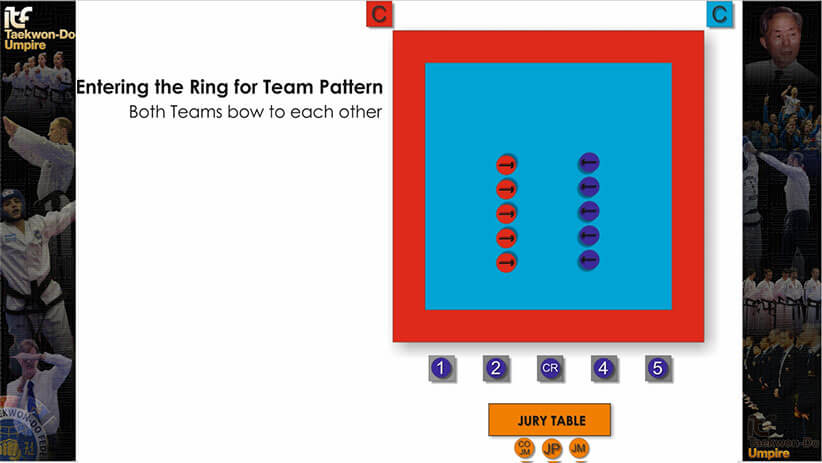
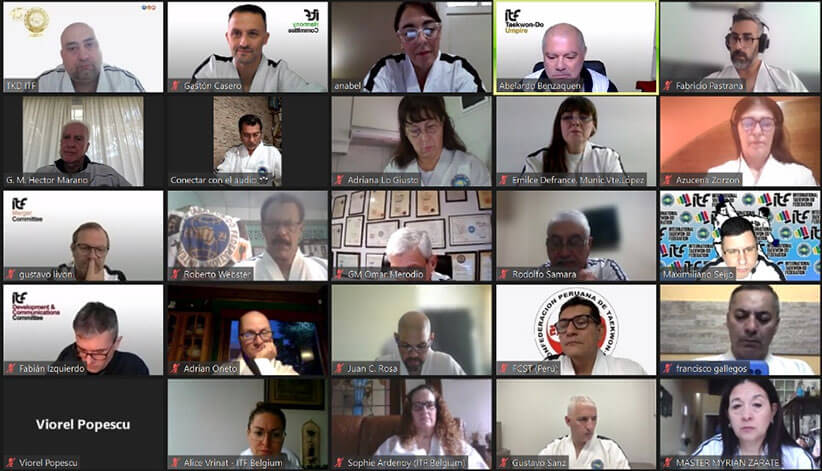
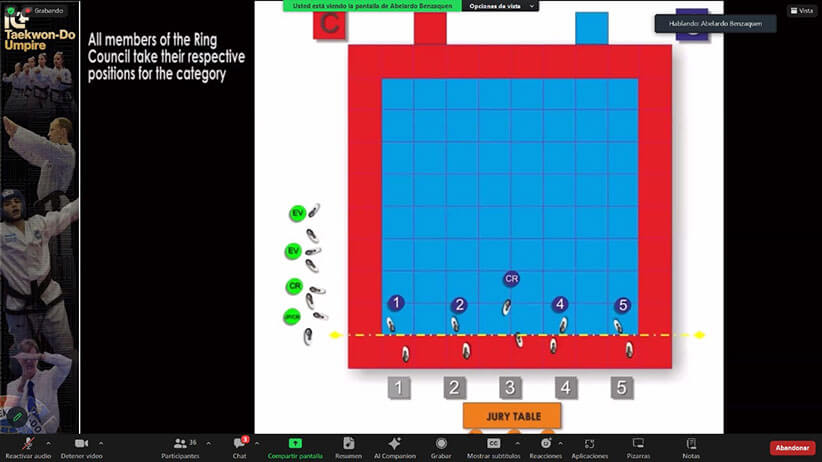

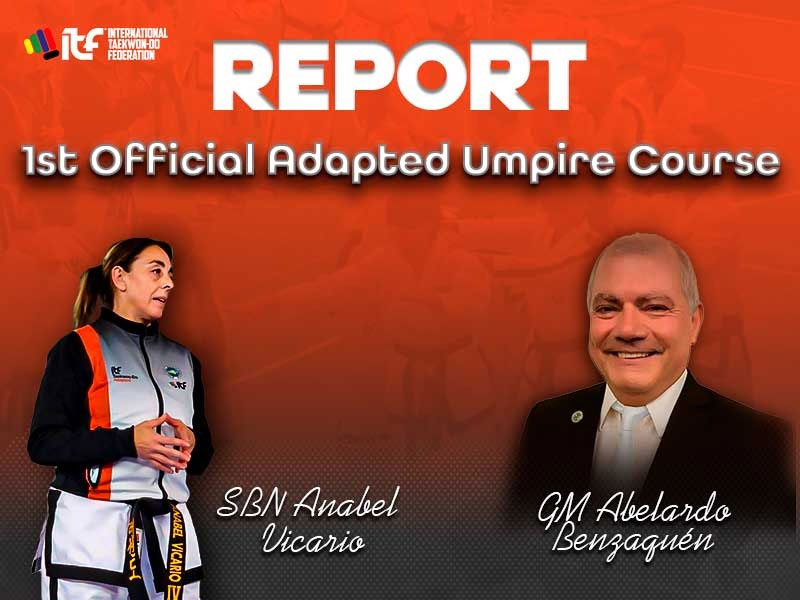
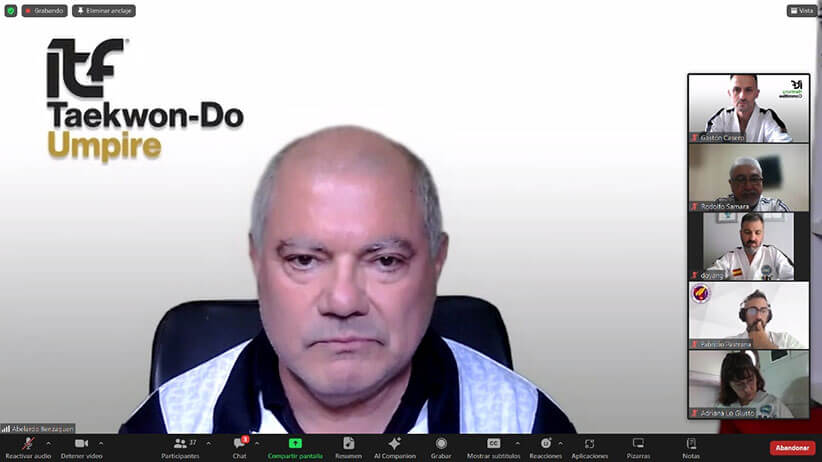
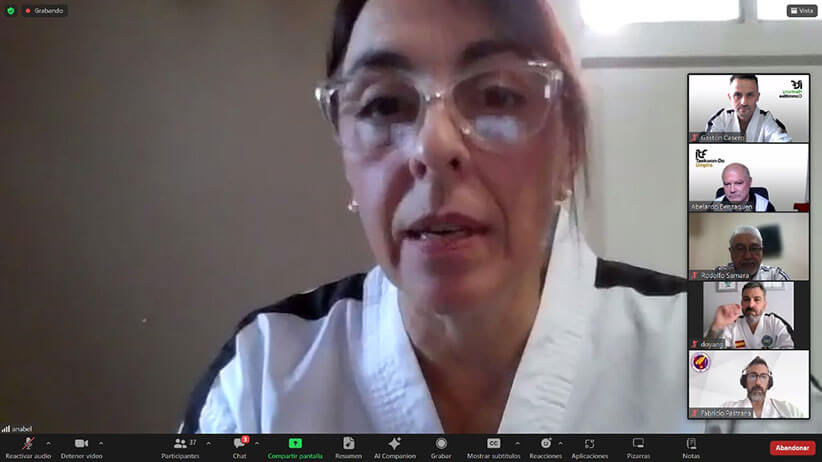
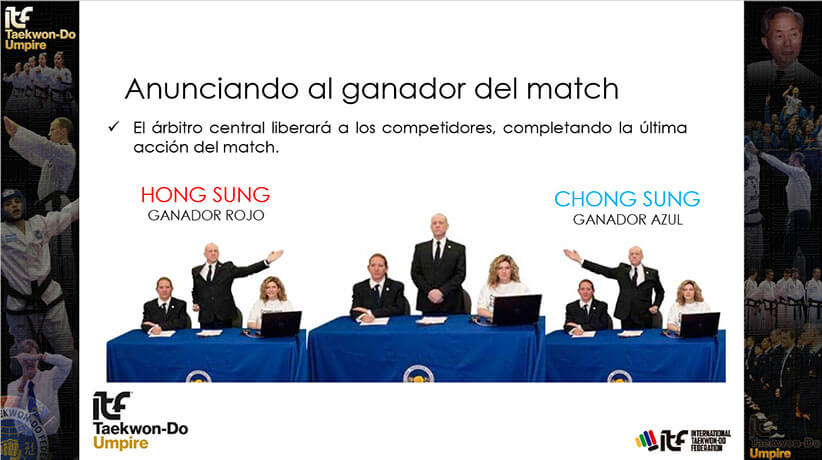
 12th International Do Course Report
12th International Do Course Report

